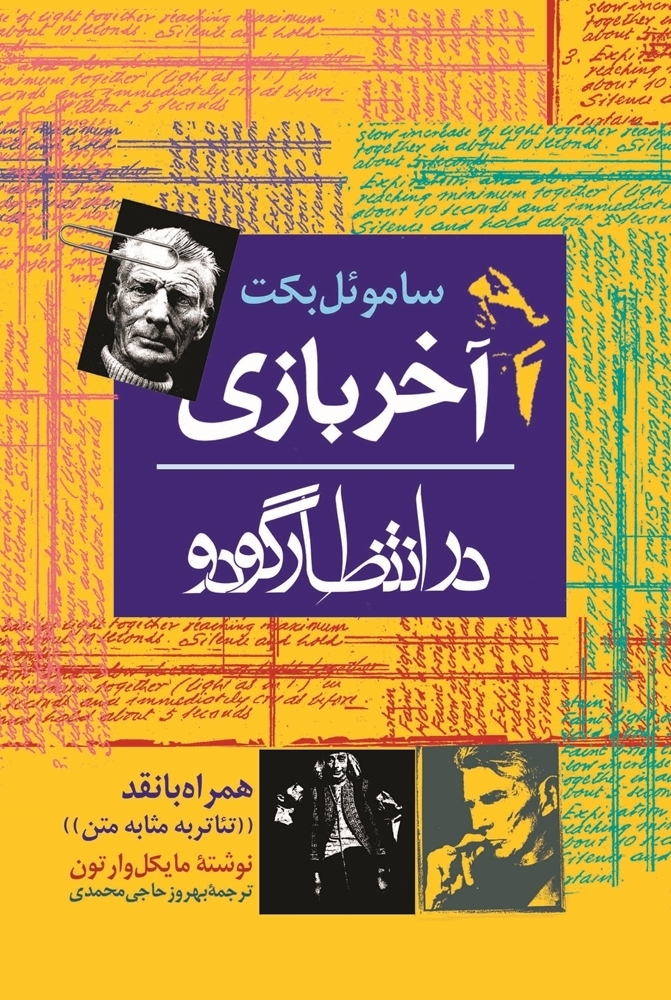
نمایشنامههای بکت در بستر قرن بیستم دورهای انتقالی را مشخص میکنند: دورهای انتقالی از مدرنیسم تا پسامدرنیسم. آثار او تصاویری از فرسایش ارائه میدهند که در آن جهان و افرادی که در آن زندگی میکنند به آرامی، اما به ناگزیر رو به افول میروند. «در انتظار گودو» و «آخر بازی» دو نمایشنامهای است که شهرت و جهانیشدن را برای بکت به ارمغان آورد، با این همه او اعتقاد داشت که این موفقیت بر سوتفاهمی بنیادین استوار است و منتقدان و مردم به طور یکسان بر تفسیری نمادین و تمثیلی از اثری اصرار ورزیدهاند که همواره برای پرهیز از تعریف تلاش کرده است. مایکل وارتون، منتقد و استاد ادبیات فرانسه در دانشگاه یونیورسیتی کالج (لندن) حق را با بکت میداند، با این حال یکیک مخاطبان را در مخالفت با او محق میشناسد و خود در بازخوانش این دو نمایشنامه بر کنایههای فلسفی این دو اثر تأکید میورزد. ساموئل بکت در سال ١٩٦٩ جایزه نوبل را از آن خود کرد.
Authors

Samuel Barclay Beckett was an Irish avant-garde novelist, playwright, theatre director, and poet, who lived in France for most of his adult life. He wrote in both English and French. His work offers a bleak, tragicomic outlook on human nature, often coupled with black comedy and gallows humour. Beckett is widely regarded as among the most influential writers of the 20th century. Strongly influenced by James Joyce, he is considered one of the last modernists. As an inspiration to many later writers, he is also sometimes considered one of the first postmodernists. He is one of the key writers in what Martin Esslin called the "Theatre of the Absurd". His work became increasingly minimalist in his later career. Beckett was awarded the 1969 Nobel Prize in Literature "for his writing, which—in new forms for the novel and drama—in the destitution of modern man acquires its elevation". In 1984 he was elected Saoi of Aosdána.